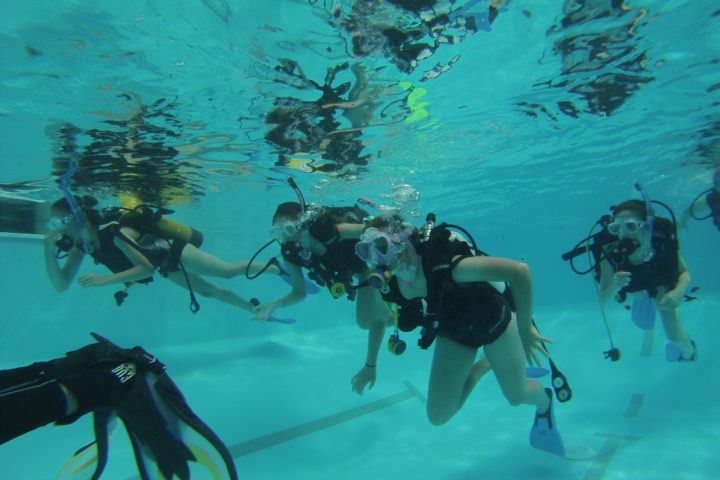Headmaster's Welcome
Welcome to St Michael’s Preparatory School.
It is my privilege to be Head of this wonderful school and to introduce you to all it has to offer. As you browse these pages you will glimpse some of the vast and enriching opportunities available to the children here. Ultimately however, to really understand the warm and welcoming atmosphere that makes St Michael’s special, you have to experience it in person. Please come along for a visit – you will soon see why we are so proud of our school.
At St Michael’s we are intent on ensuring that childhoods are cherished and children are nurtured as we give them the opportunities to explore their talents and deepen their learning. We firmly believe that every child is brilliant and our mission is to provide opportunities and experiences in all areas of school life. St Michael’s School’s children are encouraged to discover their own unique skills and interests and develop into curious and passionate learners, fully prepared for the next steps in their education and beyond.
A dedicated and talented team of staff are here to support and encourage all pupils. By embedding the school’s values and endorsing the school’s motto, “Facta non verba”, we are ensuring that St Michael’s School’s pupils are considerate, caring and courteous.
The greatest journeys start with the smallest steps – please do contact us to arrange a visit. I would be delighted to welcome you and your child to this beautiful school.

Mr Henry Marshall
Head
What makes St Michael’s different?
St. Michael’s Preparatory School is situated in a unique educational setting in Jersey in the Channel Islands. A forward thinking IAPS prep school preparing pupils for the rigours of secondary school education both on and off island. We place great emphasis upon the traditional values of care, consideration and courtesy.
The staff and pupils are justifiably proud of the School, and work together to create and maintain a high-achieving, well-organised and friendly environment in which every child is encouraged to do ‘a little bit better’ than anyone thought possible.
I.S.I. Inspection Key Findings:
- The quality of the pupils’ learning and achievements is excellent.
- The quality of the pupils’ personal development is excellent.





